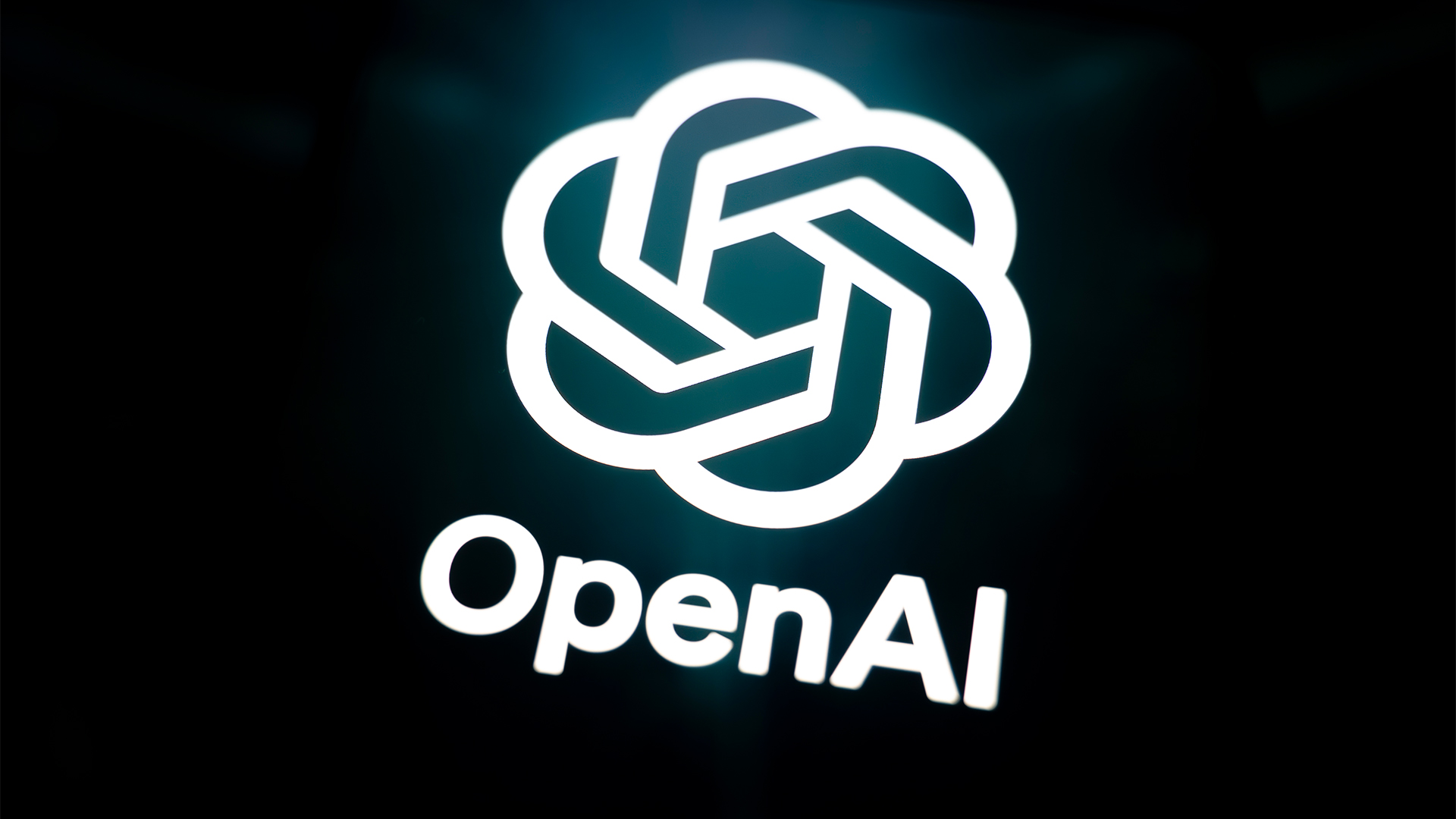OpenAI to pay up to $20k in rewards through new bug bounty program
The move follows a period of unrest over data security concerns


OpenAI has unveiled a new bug bounty program offering rewards for security researchers if they can uncover vulnerabilities in its products.
In an announcement on Tuesday, the California-based AI firm said the bug bounty scheme is “essential to our commitment to develop safe and advanced AI” and deliver services that are secure, reliable, and trustworthy.
As part of the initiative, OpenAI said it will offer a tiered reward system based on the severity of bugs uncovered by researchers.
Rewards can range from as little as $200 for low-severity flaws with a maximum reward of $20,000 for “exceptional discoveries”.
“The OpenAI Bug Bounty Program is a way for us to recognize and reward the valuable insights of security researchers who contribute to keeping our technology and company secure,” the firm said in a statement.
“We invite you to report vulnerabilities, bugs, or security flaws you discover in our systems. By sharing your findings, you will play a crucial role in making our technology safer for everyone.”
Researchers participating in the new initiative will be able to disclose vulnerabilities or flaws through a partner organisation, Bugcrowd.
Sign up today and you will receive a free copy of our Future Focus 2025 report - the leading guidance on AI, cybersecurity and other IT challenges as per 700+ senior executives
Bugcrowd will manage the submission and reward process, which OpenAI said is designed to “ensure a streamlined experience for all participants”.
ChatGPT vulnerability concerns
The move from OpenAI follows a period of unrest over security-related issues at the generative AI firm, which has close ties with Microsoft.
Last month, the company revealed that a bug in ChatGPT led to a leak of users' data.
RELATED RESOURCE

SOC modernisation and the role of XDR
How to cope with increasing threats and IT sprawl
This flaw meant that ChatGPT Plus users began seeing user email addresses, subscriber names, payment addresses, and limited credit card information.
The issue prompted the company to temporarily take the chatbot offline to work on a fix.
“The bug was discovered in the Redis client open-source library, redis-py,” OpenAI explained in a post at the time.
“As soon as we identified the bug, we reached out to the Redis maintainers with a patch to resolve the issue.”

Ross Kelly is ITPro's News & Analysis Editor, responsible for leading the brand's news output and in-depth reporting on the latest stories from across the business technology landscape. Ross was previously a Staff Writer, during which time he developed a keen interest in cyber security, business leadership, and emerging technologies.
He graduated from Edinburgh Napier University in 2016 with a BA (Hons) in Journalism, and joined ITPro in 2022 after four years working in technology conference research.
For news pitches, you can contact Ross at ross.kelly@futurenet.com, or on Twitter and LinkedIn.
-
 What is Microsoft Maia?
What is Microsoft Maia?Explainer Microsoft's in-house chip is planned to a core aspect of Microsoft Copilot and future Azure AI offerings
-
 If Satya Nadella wants us to take AI seriously, let’s forget about mass adoption and start with a return on investment for those already using it
If Satya Nadella wants us to take AI seriously, let’s forget about mass adoption and start with a return on investment for those already using itOpinion If Satya Nadella wants us to take AI seriously, let's start with ROI for businesses
-
 Experts welcome EU-led alternative to MITRE's vulnerability tracking scheme
Experts welcome EU-led alternative to MITRE's vulnerability tracking schemeNews The EU-led framework will reduce reliance on US-based MITRE vulnerability reporting database
-
 Veeam patches Backup & Replication vulnerabilities, urges users to update
Veeam patches Backup & Replication vulnerabilities, urges users to updateNews The vulnerabilities affect Veeam Backup & Replication 13.0.1.180 and all earlier version 13 builds – but not previous versions.
-
 Two Fortinet vulnerabilities are being exploited in the wild – patch now
Two Fortinet vulnerabilities are being exploited in the wild – patch nowNews Arctic Wolf and Rapid7 said security teams should act immediately to mitigate the Fortinet vulnerabilities
-
 Everything you need to know about Google and Apple’s emergency zero-day patches
Everything you need to know about Google and Apple’s emergency zero-day patchesNews A serious zero-day bug was spotted in Chrome systems that impacts Apple users too, forcing both companies to issue emergency patches
-
 The Microsoft bug bounty program just got a big update — and even applies to third-party code
The Microsoft bug bounty program just got a big update — and even applies to third-party codeNews Microsoft is expanding its bug bounty program to cover all of its products, even those that haven't previously been covered by a bounty before and even third-party code.
-
 OpenAI hailed for ‘swift move’ in terminating Mixpanel ties after data breach hits developers
OpenAI hailed for ‘swift move’ in terminating Mixpanel ties after data breach hits developersNews The Mixpanel breach prompted OpenAI to launch a review into its broader supplier ecosystem
-
 Security experts claim the CVE Program isn’t up to scratch anymore — inaccurate scores and lengthy delays mean the system needs updated
Security experts claim the CVE Program isn’t up to scratch anymore — inaccurate scores and lengthy delays mean the system needs updatedNews CVE data is vital in combating emerging threats, yet inaccurate ratings and lengthy wait times are placing enterprises at risk
-
 IBM AIX users urged to patch immediately as researchers sound alarm on critical flaws
IBM AIX users urged to patch immediately as researchers sound alarm on critical flawsNews Network administrators should patch the four IBM AIX flaws as soon as possible